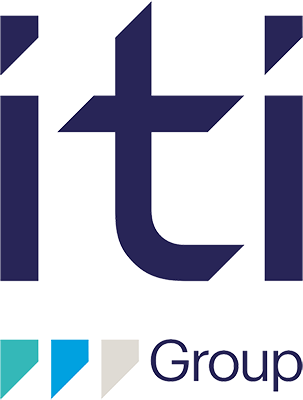Why Machine Learning should be part of your budget

Machine learning and AI have become ubiquitous terms over the last 5 years. It seems everything is driven by algorithms – from Social Media feeds to the minutia of our buying preferences. Love them or loathe them, these technologies underpin all walks of life and are here to stay with us. So, if we take machine learning and AI for granted then why aren’t they something that is de rigueur throughout manufacturing? Here at Cimlogic we have seen a seismic shift in the use of these technologies as predictive enablers in six distinctive areas:
- Maintenance
- Performance
- Inventory & demand
- Worker behaviour
- Quality
- Sustainability
According to a study by McKinsey, more than 50% of companies that embrace AI over the next three to five years have the potential to double their cash flow, with manufacturing emerging as the clear leader due to its heavy reliance on data. Clearly, increasing equipment uptime, improving quality control, and having less reliance on physical labour are key areas that manufacturers should be targeting. The investment costs associated with these so-called ‘intangible’ benefits should be high on the agenda versus investments in additional capital equipment and personnel. Cimlogic are already working with clients on all six of the areas mentioned above. In this article, we explore the case for doing so as a more cost-effective alternative to traditional operational investment in physical solutions.
Let’s turn the clock back a few decades to put things into context. Modern control systems – PLC, SCADA, DCS, MIS, MES, and ERP – have been in place since the 1970s. The over-riding feature prevalent throughout is the ability to collect vast amounts of data from interconnected sensors, equipment, supervisory software and planning systems – the automation pyramid. Much of this data resides in factory historians and other on-premise databases, ready for analysis. However, even today, much of the analyses take place post-event and involve much manipulation by experts of data within Microsoft Excel or SAS. Many of their findings centre around establishing relationships between disparate ‘islands of data’ and defining measures to prevent future failure events. It certainly requires skills in data manipulation that are limited to a subset of the workforce. Coming back to present day technology, we still have the same infrastructure underpinning manufacturing. What we have in addition is smarter technology, more wireless communication, cloud data storage, cloud computing, real-time analysis, real-time visualisation, and the ability to make decisions mid-process. What AI and machine learning provide is the ability to quickly find those hidden relationships between data points and tie them in with actual outcomes. Manufacturing companies are faced with ever more choice on which solution is best for them, and who to go to. The choice seems endless.
Here at Cimlogic, we have spent the last twenty years working with manufacturers on increasing productivity through the supply and installation of both hardware and software-based solutions. There are many routes to achieving operational excellence. However, experience has proved that machine learning occurs through teaching, and artificial intelligence doesn’t figure things out for itself. Certainly not when faced with the complexities of something like pharmaceutical, CPG or food production. Whilst AI is a transformational technology it is still in its infancy, and a bit like raising children, it requires the right inputs and guidance to be truly successful.
Is machine learning part of your budget? If not, then it certainly should be! Machine learning and AI are the next stage in factory automation and should be fully embraced and accounted for when planning your budget over the next 5 years.
Cimlogic can help you make an informed decision as to how and when to include machine learning or AI in your Smart Factory journey. Please contact us today at [email protected] or tel +44(0)1274 599955 for an initial discussion.
